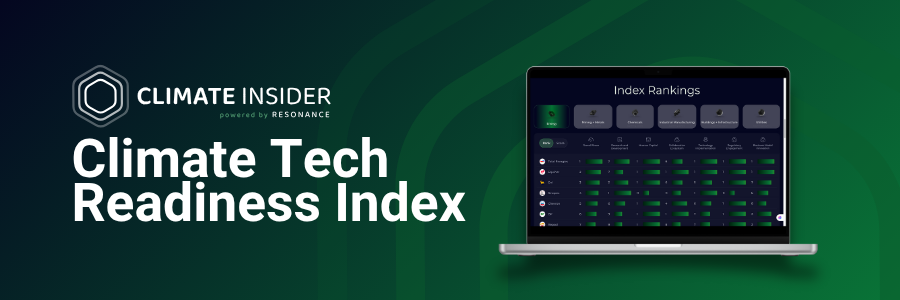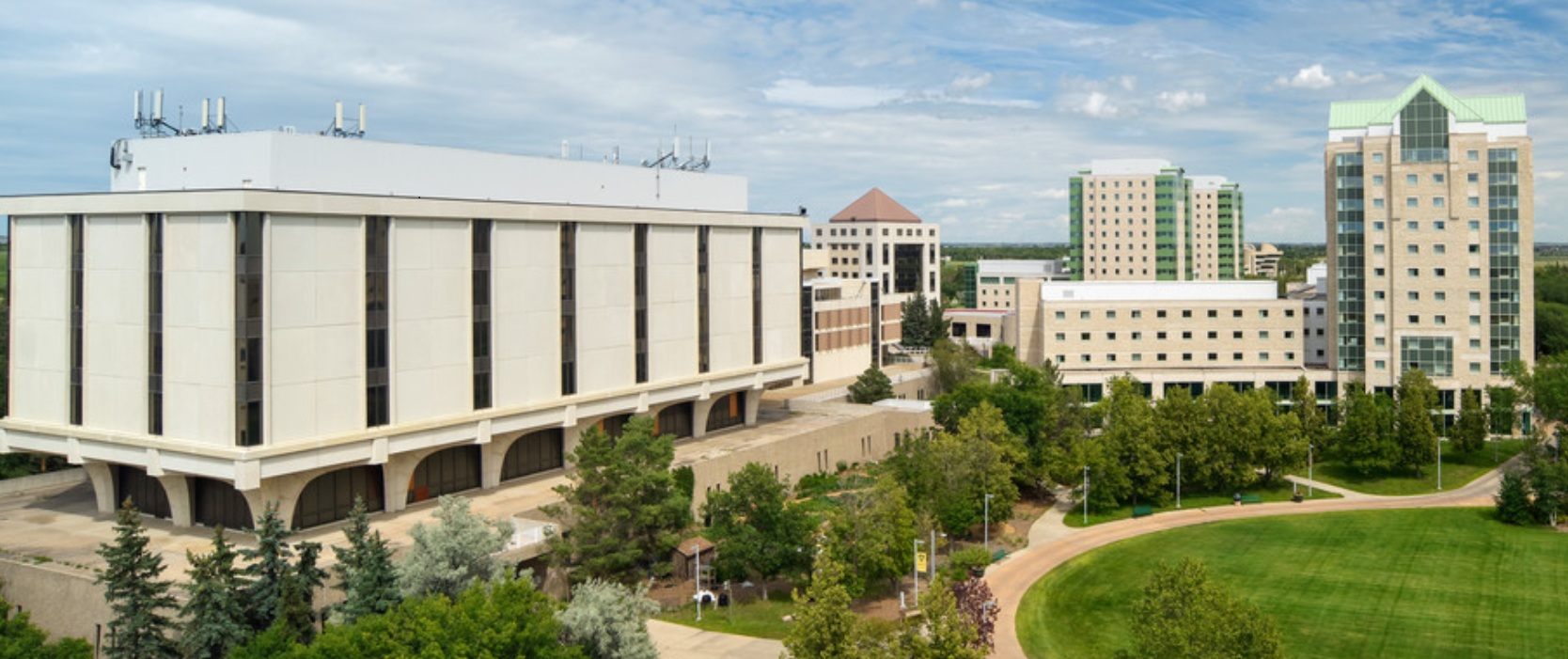Insider Brief
- The U.S. EPA announced South Coast Air Quality Management District (AQMD) will receive a $499,997,415 Climate Pollution Reduction Grant.
- The national grant program is funded by the Inflation Reduction Act.
- The South Coast AQMD project will fund efforts to decarbonize transportation and goods movement across Southern California.
PRESS RELEASE — The U.S. Environmental Protection Agency (EPA) announced the general competition selection of South Coast Air Quality Management District (AQMD) to receive a $499,997,415 Climate Pollution Reduction Grant. This national grant program, funded by the Inflation Reduction Act, aims to implement community-driven solutions that tackle the climate crisis, reduce air pollution, advance environmental justice, and accelerate America’s clean energy transition.
The South Coast AQMD project will fund efforts to decarbonize transportation and goods movement across Southern California, including, but not limited to, the Los Angeles, Long Beach, Anaheim, Riverside, San Bernardino, and Ontario areas through a) providing incentives for electric charging equipment, b) increasing zero-emission freight vehicles, and c) replacing or converting cargo handling equipment and diesel freight switcher locomotives.
“The Climate Pollution Reduction Grants being unveiled today will deliver unprecedented resources to states, local governments, and Tribes – here in Southern California and across the U.S. — for local solutions that can provide national examples to accelerate the needed transition off of fossil fuels,” said EPA Pacific Southwest Regional Administrator Martha Guzman. “These efforts will create jobs, reduce the emissions fueling climate change, and clean up the dirty, dangerous air that too many already overburdened communities have breathed for too long.”

“We are so grateful for this award, which is the largest in our agency’s history and one that underscores the needs of our communities,” said Vanessa Delgado, Chair of South Coast AQMD’s Governing Board. “Over the next 25 years, these funds will help reduce 12 million metric tons of carbon emissions. On top of that, 1600 tons of smog-forming emissions will be avoided annually while creating green jobs and fostering economic growth.”
Elected Officials Applaud Federal Investment:
“Today’s historic half-a-billion-dollar investment marks a consequential step in curbing the harmful effects of toxic air pollution for current and future generations,” said U.S. Senator Alex Padilla (CA). “Southern California is the heart of our nation’s goods movement, and by making these crucial investments in zero-emission infrastructure, we are one step closer to protecting our planet, decarbonizing the heavy-duty sector, and improving air quality for underserved communities who for too long have been left behind.”
“Thanks to the Biden Administration, these federal funds will empower communities across Southern California to lead the way to a more sustainable future,” said U.S. Senator Laphonza Butler (CA). “Projects like these strengthen California’s commitment to environmental protection and underscore the importance of federal partnerships in driving impactful climate action at the local and state level.”
Representative Adam Schiff (CA-30) stated, “This Climate Pollution Reduction Grant will enable Los Angeles to build innovative environmental solutions – from incentives for electric charging equipment to getting more zero-emission vehicles on the road. I thank the Biden-Harris Administration and the EPA for their transformative commitment to building a cleaner and healthier economy in Southern California.”
“Too many Californians have lived the harms of air pollution, especially in low-income communities and communities of color. Our state confronted this challenge head-on, leading the nation in cutting-edge solutions protecting our environment and public health,” said Representative Katie Porter (CA-47). “I am proud to help bring this milestone federal investment back to California to support innovation that has the potential to bring cleaner air to Americans across the country.”
“Thanks to the Biden-Harris Administration, families I represent around the Port of Long Beach will breathe healthier, cleaner air. This half-billion-dollar investment from the largest investment in clean energy and climate action ever – the Inflation Reduction Act – will create good-paying jobs, grow the economy, and improve health,” said Representative Robert Garcia (CA-42). “I’m proud to have worked with President Biden and my congressional colleagues to get this done.”
“I applaud the Biden Administration’s commitment to reducing pollution and creating jobs by investing another $500 million in Southern California. The Climate Pollution Reduction Grants will empower Inland Empire communities to continue aggressively addressing climate change and, most importantly, improve air quality in my district, which consistently suffers some of the nation’s worst pollution year after year,” said Representative Norma Torres (CA-35). “This initiative will support projects throughout our region by deploying technologies and programs to reduce greenhouse gases and harmful pollution. This includes more electric charging infrastructure and cleaner, more efficient freight and cargo vehicles transporting goods along our logistics corridors. I am excited to see the difference it will make in my community by improving our infrastructure, developing new job training programs, and ensuring we remain competitive, all while decarbonizing our transport industries.”
“I was proud to help secure this vital funding, which will enable Southern California to do our part to combat the climate crisis while keeping the air clean in our most vulnerable communities,” said Representative Sydney Kamlager-Dove (CA-37). “Los Angeles is on the frontlines of the climate crisis—we’ve weathered record heat waves, wildfires, storms, and mudslides. It is imperative that we invest in the climate infrastructure that will both lower carbon emissions and increase our climate resiliency—for the safety of our communities and the future of our planet. I am grateful for the Biden-Harris Administration’s historic Justice40 Initiative, which is not only making these investments but ensuring that they go where they are needed most.”
“I applaud this incredible investment by the EPA and President Biden to reduce pollution from our transportation and goods movement system in Southern California,” shared Representative Nanette Diaz Barragán (CA-44). “For too long, our environmental justice communities have suffered from high levels of particulate and ozone pollution, and this grant will accelerate our transition to zero-emission vehicles and equipment that do not pollute. This funding wouldn’t be possible without the Inflation Reduction Act, the largest ever climate investment in U.S. history, passed by Democrats in Congress and signed into law by President Biden.”
Representative Jimmy Gomez (CA-34) shared, “This federal funding that I helped secure to reduce pollution across California will make our air more breathable and bring our city into the future with clean, green technology. Anyone who has been in LA this summer during these ongoing heat waves can tell you that we are already feeling the effects of the climate crisis, and we need to take bold action now—using this grant to lower carbon emissions in our area is a crucial step. The climate crisis is one of the defining issues of our time, and I will continue working to bring sustainable solutions to Los Angeles.”
“President Biden’s Investing in America Agenda continues to deliver innovative climate solutions that will benefit our communities and residents for decades to come,” said Representative Ted Lieu (CA-36). “This grant will fund efforts throughout Southern California to reduce carbon emissions and accelerate our transition to clean energy. I applaud the Biden-Harris Administration for prioritizing the fight against climate change through the Climate Pollution Reduction Grants program and the Inflation Reduction Act, the most significant climate legislation in history, which I was honored to support in Congress.”
Representative Judy Chu (CA-28) shared, “Thanks to Democrats’ Inflation Reduction Act, the Biden-Harris Administration continues to lead the most ambitious climate and clean energy agenda in U.S. history. Southern California is home to the largest port complex in the Western Hemisphere, and today’s investment will transform our entire goods movement corridor with zero-emissions technologies to reduce pollution impacting frontline communities and help achieve our nation’s ambitious climate change goals.”
“Emissions from transportation and goods movement associated with the Ports of Los Angeles and Long Beach contribute directly to poor air quality in the Inland Empire,” said Representative Mark Takano (CA-39). “The Biden administration’s Climate Pollution Reduction Grant is a historic investment to reduce greenhouse gas emissions. The selection of South Coast Air Quality District to receive this grant is an important step to improve air quality in our region. I am proud to have voted for the Inflation Reduction Act to equip this administration with the funding to accomplish our climate goals.”
“In the face of the growing threats of climate change, it’s important that we do everything we can to reduce our emissions and usher in the clean energy future,” said Representative Mike Levin (CA-49). “This investment will help us cut our emissions, improve public health, and support historically marginalized communities, all while spurring economic investment in our region. I’m pleased to have supported the policies that made this funding possible, and I look forward to seeing the impact it will have on our region.”
“My district faces some of the worst air quality ratings in the country. This funding from the Climate Pollution Reduction Implementation Grant (CPRGI) through the Inflation Reduction Act provides vital federal investments for the betterment of our environment, our communities, and our public health,” said Representative Dr. Raul Ruiz (CA-25).
“I’m thrilled that Southern California, including the Inland Empire, is receiving nearly $500 million from the EPA to tackle air pollution in our region,” said Representative Pete Aguilar (CA-33). “The Inland Empire experiences some of the worst levels of pollution in our nation, and this funding is instrumental to our ongoing mission to lower greenhouse gas emissions, reduce pollution, and improve the health and wellbeing of our regions’ residents. I’m thankful that the Biden-Harris Administration has made addressing air quality a priority, and I look forward to our continuing partnership as we strive for a cleaner, healthier future.”
Climate Pollution Reduction Grants (CPRG)
EPA made its selections through a rigorous grants competition designed to be fair and impartial. The Agency reviewed nearly 300 applications submitted by entities nationwide and requested almost $33 billion in funding.
The 25 selected applications—from states, a Tribe, local governments, and coalitions of these entities—will receive federal funding to implement ambitious climate pollution reductions to achieve significant cumulative GHG reductions by 2030 and beyond. Their leadership is vital to deliver on the President’s commitment to reduce climate pollution by over 50% by 2030 and achieve net-zero emissions no later than 2050.
The selected applications worked with local communities to develop innovative measures that are expected to gain substantial public health benefits, such as reducing exposure to extreme heat, improving air quality, reducing energy burden for lower-income Americans, improving climate resilience, and providing workforce and economic development opportunities, particularly in low-income and disadvantaged communities.
When combined, the estimates provided by all selected applicants show the proposed projects will reduce greenhouse gas pollution by as much as 971 million metric tons of carbon dioxide equivalent by 2050, roughly the emissions from 5 million average homes’ energy use each year for over 25 years. Many projects can be expanded and provide examples for other states, local governments, Tribes, and even businesses to replicate in their work to tackle the climate crisis.
EPA expects to announce up to an additional $300 million in selections under the CPRG program for Tribes, Tribal consortia, and territories later this summer.
These grants advance President Biden’s historic Justice40 Initiative, which aims to ensure 40% of the overall benefits of specific climate, clean energy, and other federal investments flow to disadvantaged communities marginalized by underinvestment and overburdened by pollution.
The grants will fund projects supporting the deployment of technologies and programs to reduce greenhouse gases and other harmful pollution across the country and build the infrastructure, housing, industry, and competitive economy needed for a clean energy future. These grants will also help businesses capitalize on new opportunities, spur economic growth and job creation in new and growing industries, and support the development of training programs to prepare workers. After all legal and administrative requirements are satisfied, EPA expects to award the funds later this year.
Many of the selected applicant’s proposed projects, as well as the $250 million planning grant funding EPA is providing under the CPRG program to develop Climate Action Plans by state, local, and Tribal governments across the country, will complement the Biden-Harris Administration’s historic federal actions and national climate strategies across sectors.
Those include: the U.S. National Blueprint for Transportation Decarbonization, the Administration’s efforts to achieve 100% clean electricity by 2035 and make zero emissions construction common practice by 2030, the Industrial Decarbonization Roadmap, the U.S. Buildings Decarbonization Blueprint, the Administration’s climate-smart agriculture efforts and Nature Based Solutions Roadmap, the U.S. Methane Emissions Reduction Action Plan, the National Climate Resilience Framework, and more.








